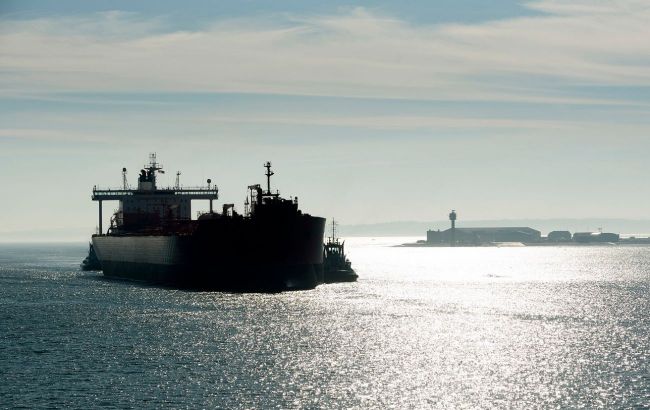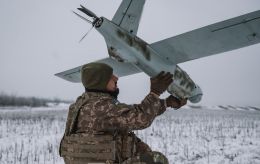China to impose strict limits on Russia's shadow fleet at Qingdao port
 China to ban docking of many tankers from Russia's shadow fleet (photo: Getty Images)
China to ban docking of many tankers from Russia's shadow fleet (photo: Getty Images)
Operators of terminals at one of China's key oil ports, Qingdao, are preparing new restrictions for Russia's shadow fleet. These measures will affect older tankers carrying sanctioned oil from Iran, according to Bloomberg.
According to the restrictions that will take effect on November 1, ships older than 30 years will be banned from docking. The same applies to vessels with invalid certificates or those that have changed their International Maritime Organization (IMO) identifiers.
Additionally, other vessels entering the port will be assessed based on their risk profile. This profile will take into account the age of the ship as well as its liability insurance for environmental pollution. If a tanker receives a low score, it will also be prohibited from docking.
If a vessel's application is rejected, it will face a one-year ban from docking in the area.
This measure targets vessels transporting sanctioned oil from Iran and other sensitive suppliers. According to the analytics company Kpler, the port of Qingdao is considered a key hub for Iranian oil shipments entering China.
The restrictions against the shadow fleet follow the United States' imposition of sanctions in August of this year on an oil operator at the port of Qingdao for receiving Iranian oil transported by a sanctioned vessel.
Meanwhile, Emma Li, a market analyst at Vortexa, said the impact of the new measures on China's imports of sanctioned oil will be limited.
"Its role in handling high-risk tankers is also relatively minor compared with other Shandong ports," she noted.
According to Li, the port of Qingdao has been losing its share in oil imports, which fell from more than 40% in 2020 to about 20% in 2024. The reason is the expansion of berths for large-tonnage oil vessels in neighboring ports.
Russia's shadow fleet
Currently, every sixth tanker in the world belongs to Russia's shadow fleet, accounting for approximately 17% of the total number of operating tankers.
At the beginning of 2025, analysts estimated that Russia's shadow fleet comprised 940 vessels, representing a 45% increase from the previous year's figure.
Additionally, the Main Intelligence Directorate of Ukraine's Ministry of Defense reported that Russia's shadow fleet now comprises up to 1,000 vessels with a total deadweight exceeding 100 million tons. Most of these are old and inexpensive tankers used to export oil and petroleum products.
On September 19, the European Commission introduced the 19th package of anti-Russian sanctions, which includes additional measures targeting the aggressor country's shadow fleet.


